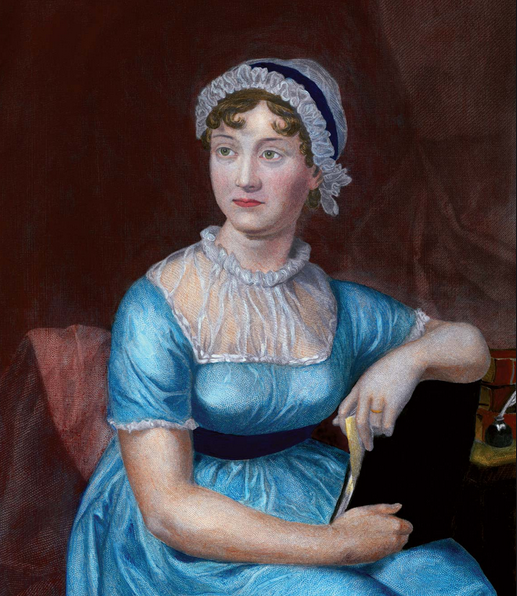Racking up likes and followers today resembles the nonstop friending of 19th-century England. But Jane Austen’s characters figured out how to disengage, according to Alexandra Samuel from The Digital Voyage… Support our news coverage by subscribing to our Kindle Nation Daily Digest. Joining is free right now!
It’s exhausting to live in a world of constantly swirling social interaction, in which you never know who you’re going to hear from, or how you’ll live up to the pressure to respond. It’s uncomfortable to know that you can be assessed and measured by very public metrics, which amount to a transparent calculation of your worth. It’s stressful to hew to the standards of public discretion, knowing that any violation of propriety will be held against you forever.
These are the pains of living in the social-networking era—but they are also the pains of living in the world described by the nineteenth-century novels of Jane Austen. That’s why her well-loved books are worth revisiting at our particular moment, in search of wisdom on how to cope with the pressures of the digital age.
The parallels between our world and Austen’s jumped out at me when I recently returned to her works after many years. When I first read Austen’s Pride and Prejudice at the age of fifteen, the World Wide Web had yet to be invented. When I picked up her next novels in my mid-twenties, it was still many years before the advent of blogging, Facebook, Twitter, and YouTube.
But I recently yielded to a sudden and acute Austen craving, which plunged me into six weeks of gorging on her work, this time in audiobook form. Austen’s words poured over me as I puttered through my daily tasks: Emma gossiping as I glanced at my morning email, Eliza Bennet whispering in my ear as I plugged my devices in to charge each night.
I soon got past the incongruity of finding Jane Austen on my phone, in my audiobook app, and in the ebook I downloaded so that I’d have access to explanatory annotations on the text. (Yes, I’m afraid I really have fallen down the Austen rabbit hole this time.) Indeed, as I plunged into Austen’s England from the very device that normally connects me to Facebook and Twitter, her world and ours looked more and more alike.
Read full post on JSTOR

